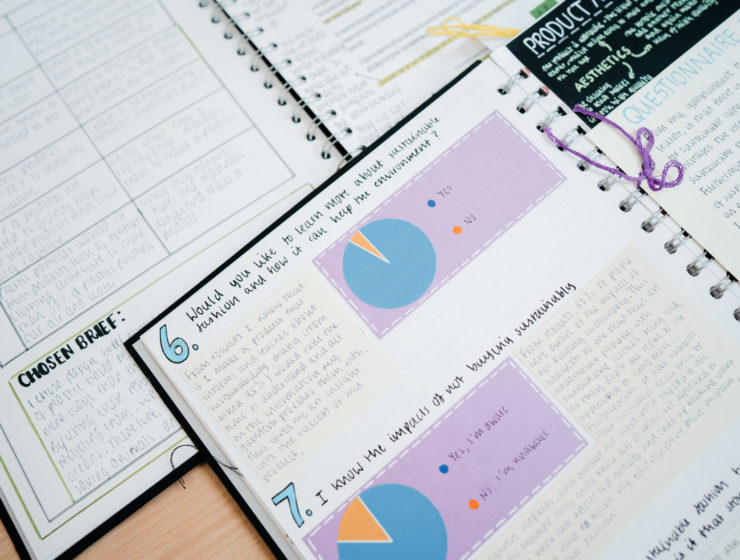If you are not sure who to talk to:
- Call Childline on 0800 1111 or
- Text CONNECT to 85258 to contact Shout (Talk or text for free any time, wherever you are in the UK)
Urgent support
- If you are having thoughts of suicide, are harming yourself or have thought about self-harm, it’s important to tell someone.
- These thoughts and feelings can be complex, frightening and confusing, but you do not have to struggle alone.
- If you cannot wait to see a doctor and feel unable to cope or keep yourself safe, contact one of the organisations below to get support right away. Or see further NHS advice on dealing with a mental health crisis or emergency.
Support for Parents and Carers:
If you’re concerned about a child or young person’s mental health, contact your child’s Pastoral Support Officer. You can also get free, confidential advice via phone, email or webchat from the Young Minds Parents Helpline.
Action for Children has lots of tips to help you spot signs of mental health issues in children and advice on the action you can take to help.
Any professional that works with children and young people should be able to help you get support. You could talk to a teacher, school nurse, social worker or GP.
You can find more information about NHS children and young people’s mental health services (CYPMHS) on the NHS website. You can also look at your local Clinical Commissioning Group website, and most services also have their own website with information about access, referrals (including whether you can “self-refer”) and contact details – try searching in your area for “CAMHS” (children and adolescent mental health services)
If you are worried about a child or young person who has or may have an eating disorder, check if your local Children and Young People’s Community Eating Disorder Team accepts self-referrals and contact them as soon as possible. You can also speak to your GP. Beat has lots more useful advice for children, young people and adults.
If you look after a child that has additional needs, Mencap, the Mental Health Foundation and the National Autistic Society all have excellent resources and support for parents or carers of children with learning disabilities or autism.
Do not hesitate to get urgent support if you think either you or your child needs it.



